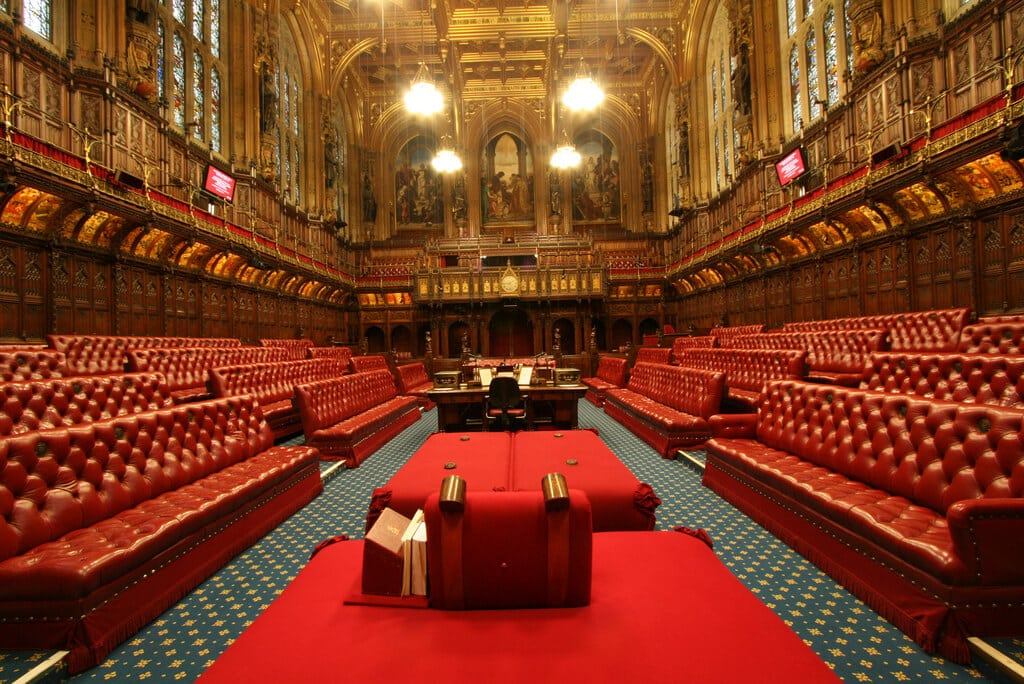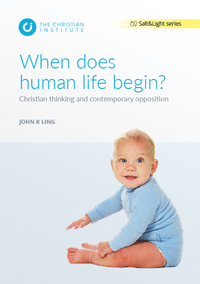A Bill to end abortions on the grounds of disability has had its second reading in the House of Lords.
The Abortion (Disability Equality) Bill, sponsored by disabled Peer Lord Kevin Shinkwin, aims to amend the Abortion Act 1967.
Lord Shinkwin, who suffers from the rare genetic disorder brittle bone disease, first introduced the Bill in May.
‘Reasonable and logical’
The Bill would remove a provision that allows women to have an abortion if there is “substantial risk that if the child was born it would suffer from such physical or mental abnormalities as to be seriously handicapped”.
Lord Shinkwin called the Private Member’s Bill a “modest, reasonable, and logical correction” to the inconsistencies in the law.
He highlighted how discrimination on the grounds of disability after birth is prohibited, yet late-term abortions of ‘seriously handicapped’ unborn babies are “enshrined in law”.
’Eugenicists’
He also stated that under the current law, he would be “a prime candidate for abortion on grounds of disability”.
He was highly critical of the “eugenicists” at the Department of Health, saying: “How dare you? How dare you wipe us out as mere conditions?”
Baroness Nicholson supported the Bill, calling it “a significant step forward in logical thinking” about the way society considers disabled people.
’Deeply concerning’
She highlighted and praised the abortion law in Germany, where it is recognised that human life begins at conception, and abortion on demand is only permitted during the first 12 weeks.
Baroness Stroud also praised the Bill, and called the contrast between abortion for the able-bodied and abortion of the disabled “deeply concerning”.
Private Members’ Bills receive significantly less time in Parliament than Government Bills, meaning they are very unlikely to proceed through all the stages and become law.
During the debate, Baroness Chisholm, Lords spokeswoman for the Cabinet Office, said that “the Government maintain a neutral stance on abortion issues”.
Down’s Syndrome
The Bill comes as the Health Secretary Jeremy Hunt considers implementing the controversial Non-Invasive Prenatal Testing (NIPT), a screening technique which can detect Down’s syndrome with 99 per cent accuracy.
Already, 90 per cent of unborn children diagnosed with Down’s syndrome are aborted, and many believe that the screening technique will lead to an increase in Down’s abortions.
Earlier in October, actress Sally Phillips brought widespread attention to NIPT in her BBC Two documentary “A World Without Down’s Syndrome”.



